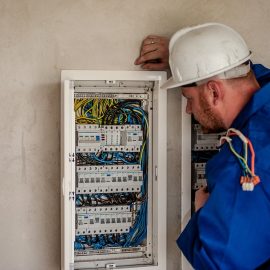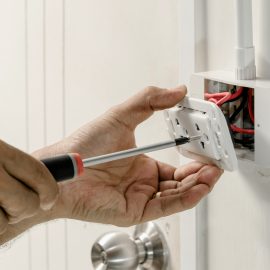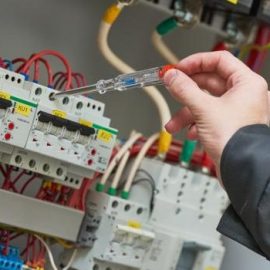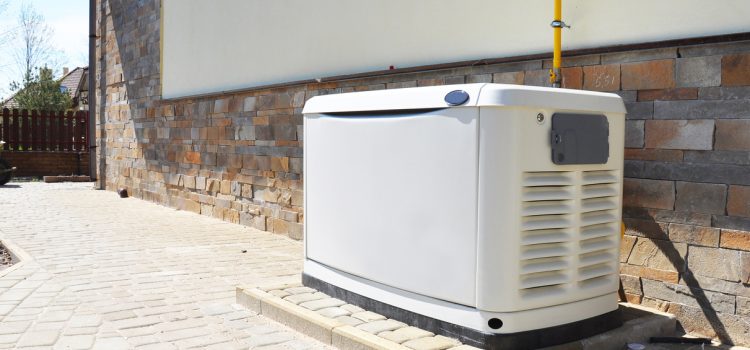
When it comes to being prepared for power outages or emergencies, a standby generator can be a lifesaver. These generators provide backup power to your home or business during outages, ensuring that your essential appliances and systems continue to function. However, with so many options available on the market, it can be quite frustrating to choose the right standby generator for your needs. In this blog, we’ll cover everything you need to know about standby generators, including how they work, their benefits, and key factors to consider when choosing the right one for your home or business. So, let’s dive in and explore the world of standby generators.
What Is a Standby Generator?
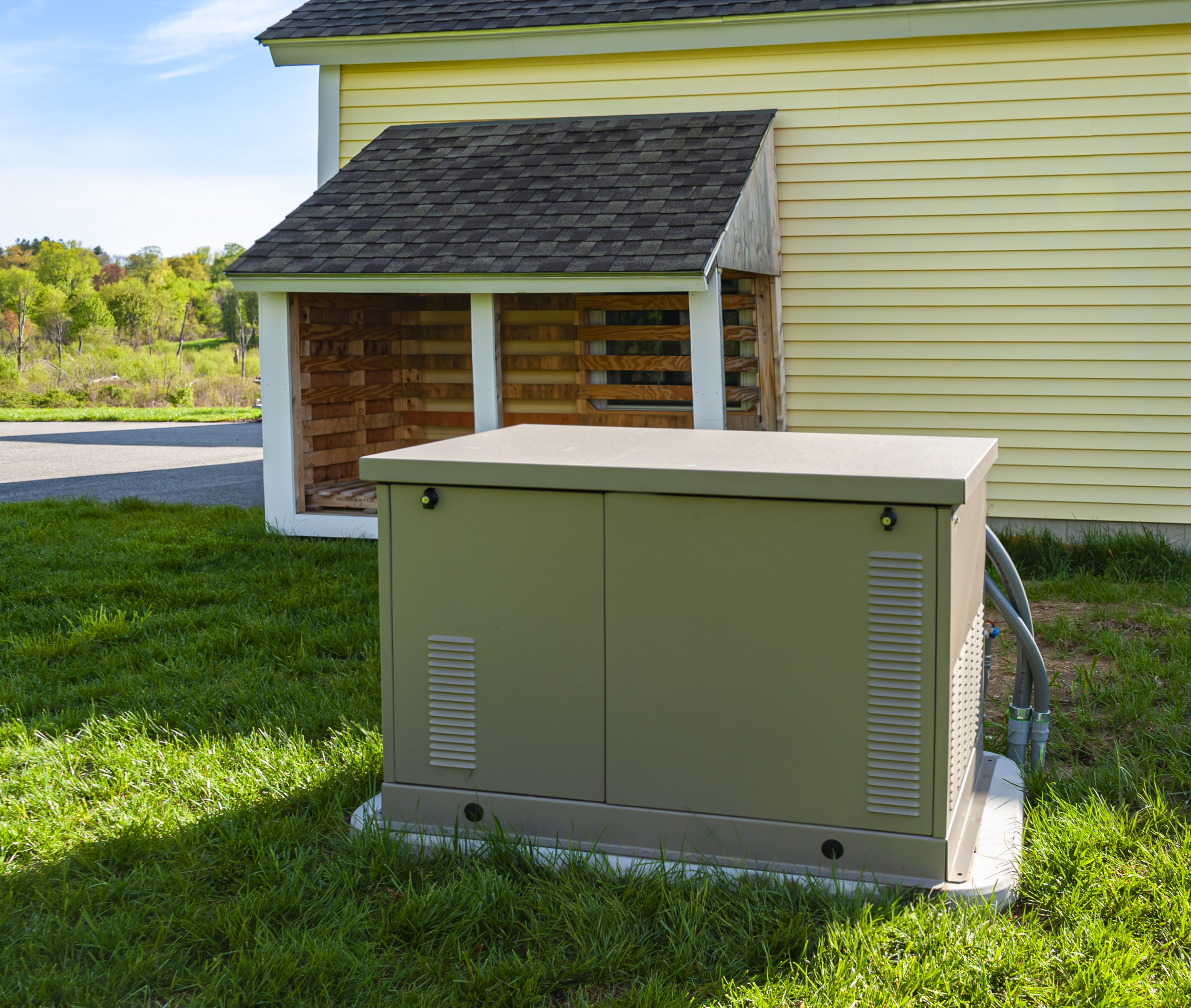 A standby generator, also known as an emergency generator or backup generator, is a device that automatically generates electricity during a power outage. It is designed to provide backup power to your home or business in the event of a blackout, so you can continue to operate critical appliances, devices and systems until power is restored.
A standby generator, also known as an emergency generator or backup generator, is a device that automatically generates electricity during a power outage. It is designed to provide backup power to your home or business in the event of a blackout, so you can continue to operate critical appliances, devices and systems until power is restored.
How Standby Generators Work:
A standby generator is usually installed outside your home or business, usually near the electrical service panel. It is connected to a fuel source, such as natural gas or propane, and a transfer switch that monitors the power supply. When there is an outage, the transfer switch automatically switches the power source from the grid to the standby generator, providing uninterrupted power until the grid power is restored.
Types of Standby Generators:
There are two main types of standby generators: air-cooled and liquid-cooled. Air-cooled generators are typically less expensive and more compact, making them a popular choice for residential use. However, they are less powerful and have a shorter lifespan than liquid-cooled generators. Liquid-cooled generators, on the other hand, are more expensive and require more space for installation, but they are more powerful and have a longer lifespan.
Factors to Consider When Choosing a Standby Generator:
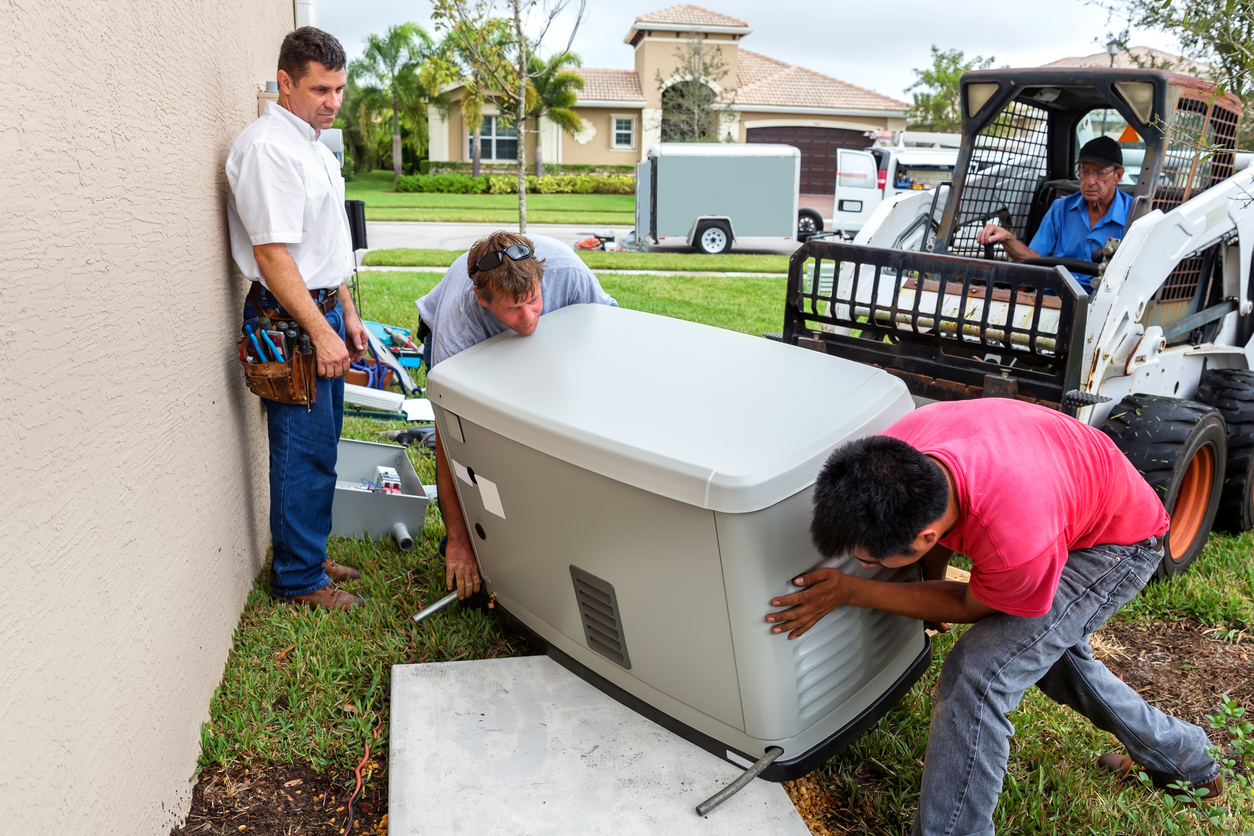
When it comes to choosing a standby generator, there are various factors that should be taken into consideration in order to ensure that you select the best option for your needs. Standby generators are an essential backup power source that can keep your home or business running in the event of a power outage. However, not all standby generators are created equal, and selecting the right one requires careful consideration of a variety of factors such as power output, fuel source, generator size, noise level, and more. In this section, we will delve deeper into the key factors that should be taken into account when selecting a standby generator to ensure that you make an informed decision and choose the best option for your specific needs.
Power Capacity: The size of the generator should be determined by the total wattage of the appliances and electronics you want to power during an outage. A licensed electrician can help you calculate your power needs.
Fuel Type: Standby generators can be powered by natural gas, propane, or diesel. The availability and cost of these fuels in your area should be considered.
Noise Level: Standby generators can produce noise during operation, so the noise level should be considered if you live in a residential area.
Brand and Warranty: Choose a reliable brand with a good warranty to ensure that your generator will last for years to come.
Installation and Maintenance: Once you have chosen a standby generator, it is important to have it installed by a licensed electrician. The installation process can be complex and may require a permit from your local government. Regular maintenance, such as oil changes and battery checks, is also important to ensure that your generator will be ready to use when you need it.
Conclusion:
A standby generator is an important investment for any home or business. By choosing the right generator and having it installed and maintained by a professional, you can be confident that your essential appliances and electronics will remain powered during an outage. Remember to consider factors such as power capacity, fuel type, noise level, and brand when choosing a standby generator, and always have it installed and maintained by a licensed professional.

